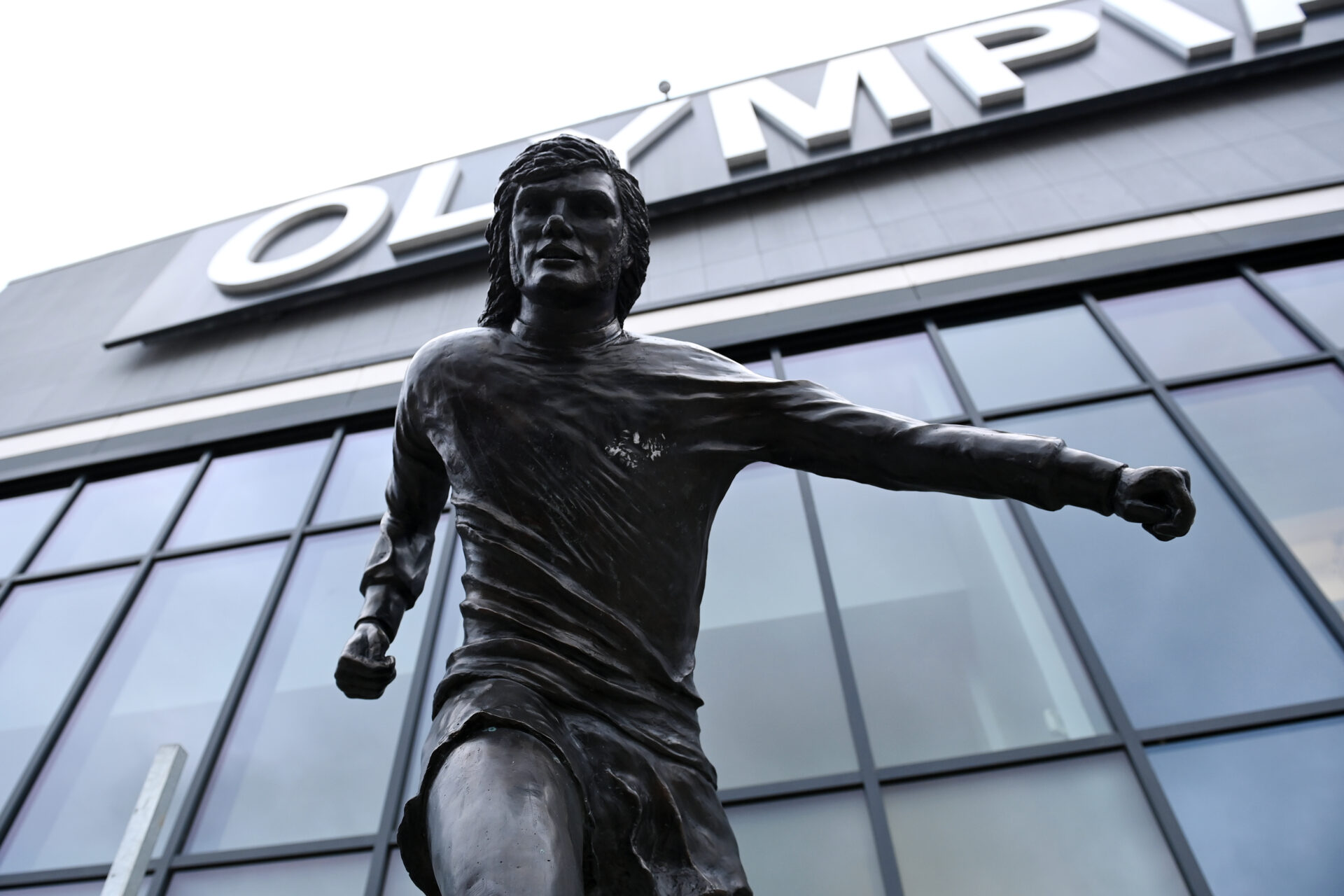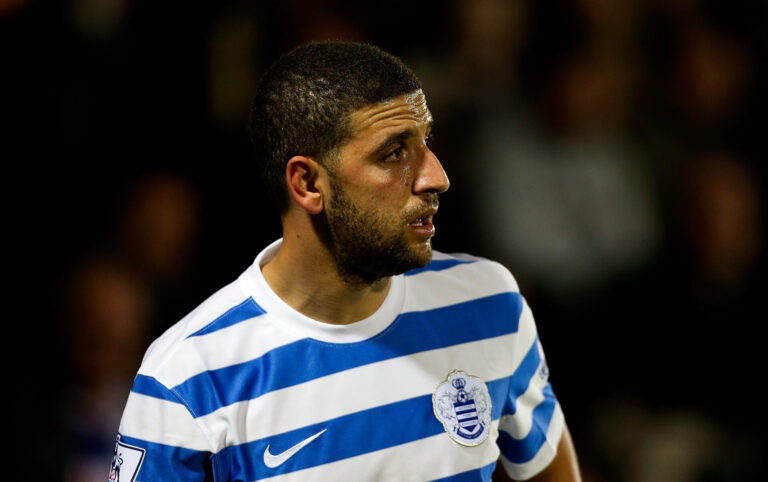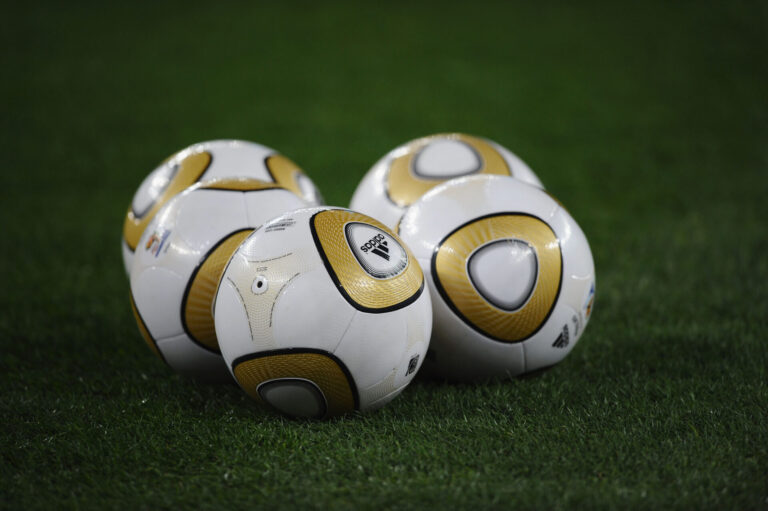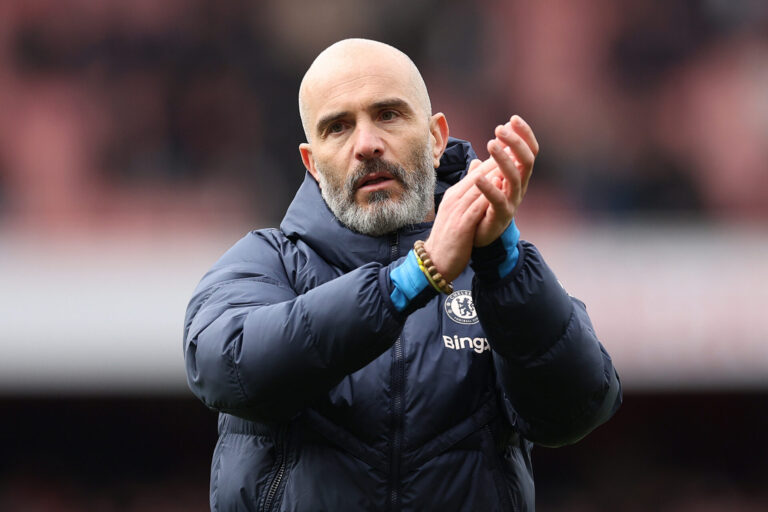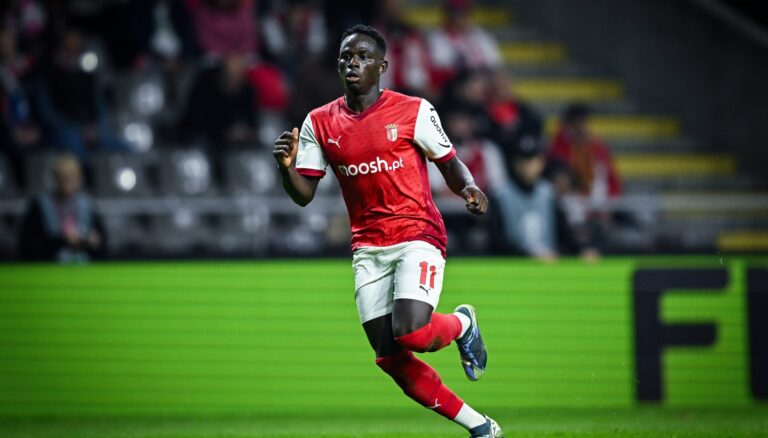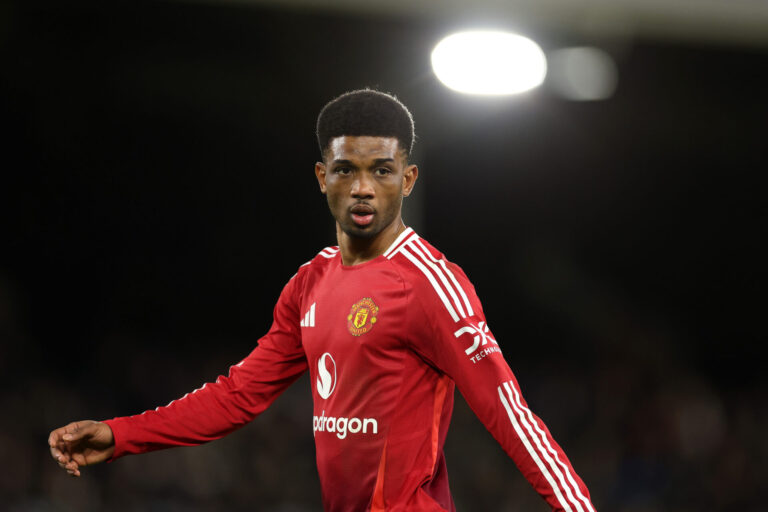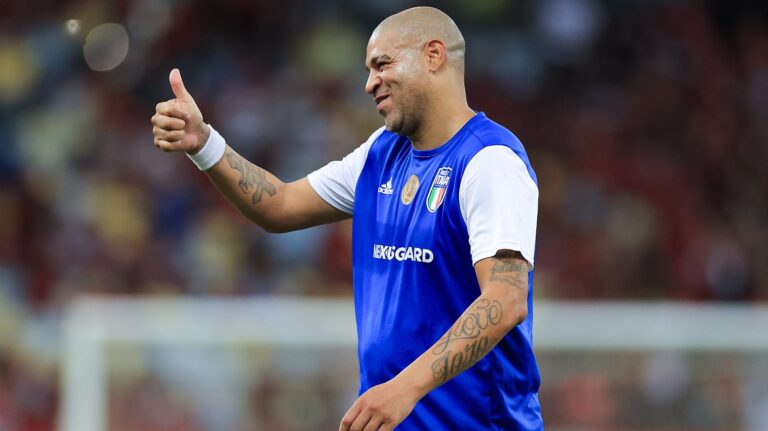The Man Who Found a Genius: Bob Bishop’s Forgotten Role in Shaping Manchester United
Whenever someone mentions Manchester United’s history, Sir Matt Busby and Sir Alex Ferguson are mentioned, along with players like Bobby Charlton, George Best, and Cristiano Ronaldo.
But that one name that has more or less filtered into the background of the club’s success is Bob Bishop. The Belfast native’s inquisitive eyes for top-tier talent discovered one of the greatest ever players of the game and helped change Manchester United forever.
Early Life
Born and bred in Belfast, his love for the game and intelligence in scouting made him one of Northern Ireland’s most knowledgeable observers within football.
In the early 1950s, Bob became a Manchester United scout. The first player he sent to the Red Devils was the late Johnny Scott, who was part of the Northern Ireland 1958 World Cup squad. His work at finding young talent was crucial to Manchester United’s rebuild following the 1958 Munich Air Disaster Tragedy, which saw eight players and three of the club’s staff lose their lives.
The Discovery of a Genius
Not every person that Bob scouted had the good fortune to play for United. Pat Jennings, who would go on to play for both Spurs and Arsenal, had the opportunity to play for the Red Devils. According to the record, Bishop said, “I told United about Pat Jennings when he was playing for Newry Town. They could have had him for £3,000 but when the chief scout and his aides came over they went to watch the wrong match, and Pat ended up signing for Watford instead of United.”
However, Bob Bishop did manage to attract Sammy McLlory and Norman Whiteside to Old Trafford. Bob first saw Sammy play as an 11-year-old boy in Belfast Park. Sammy went on to score 71 goals in 419 appearances for United.
Whiteside joined Manchester United at the age of sixteen after being noticed by Bishop. The striker at the time became the youngest player to ever score for the English club in May 1982, only eight days after turning 17.
“I owe everything to him. He guided me in those vital, formative years. He was like a father figure to me. I suppose I also owe him a few bob, because it was Bob who bought me my first pair of modern football boots.” McLlory talking about Bob Bishop
George Best was just 15 years old, playing for Cregagh Boys Club in 1961 when Bob Bishop scouted him. Bishop wasted no time. He sent a telegram to Sir Matt Busby at Old Trafford, writing the now-iconic words: “I think I’ve found you a genius.”
Manchester United brought the young boy to Old Trafford, and after a period of homesickness, he evolved into one of the greatest footballers of all time.
El Beatle
George Best became a global football star, attracting everyone with his flair, talent, and charisma. He was dubbed “El Beatle” for his captivating performances, and his 1968 Ballon d’Or victory cemented his place among the game’s icons.
Behind the headlines and video highlights was Bob Bishop, a man who was the first to recognize Best’s ability and help bring him to the Theatre of Dreams.
“Bob Bishop, a Manchester United scout in NI, wrote to us to say that he had seen a young boy with an enormous ration of football gifts, though he had hesitated because the lad was so small and skinny. ‘Send him over and let us have a look at him’ we said.
And George Best, with another wee lad, Eric Mc-Mordie, duly arrived. The next day Master Best and Master McMordie came to see me at my office and said they wanted to go back home to NI. They were homesick. I brought in Harry Gregg, our NI goalkeeper, to try to influence them to stay. It did not work. So I said: ‘All right, boys. You had better go home.
The next week it kept coming back to me, the vision of this black-haired lad who had been doing such clever things with the ball. So I sat down and wrote to his father. I said I realised the boy was homesick but that I would be very happy if young George changed his mind and would be obliged if his father would send him back to Old Trafford if he did.
About three weeks later I received a letter from Dick Best, the boy’s father, saying that George would like another try. It was not long before we realised what an astonishing little bundle of football’s talents we had among us”. – Matt Busby.
Bob Bishop’s Legacy
Bob Bishop’s legacy lives on in every young talent who dreams of becoming a professional footballer, inspired by stories of players who rose from humble beginnings to global stardom. It also shows the dedication of every scout who stands on the sidelines of a rainy pitch, observing every touch of the ball, every movement, and every spark of potential, hoping they too can uncover the next George Best.
His contribution serves as a reminder that behind every outstanding player is often an unsung hero—someone with an eye for talent, a belief in raw ability, and the persistence to ensure that brilliance does not go unnoticed. Bishop’s work transcends time, inspiring a culture of discovery that continues to shape the beautiful game.


